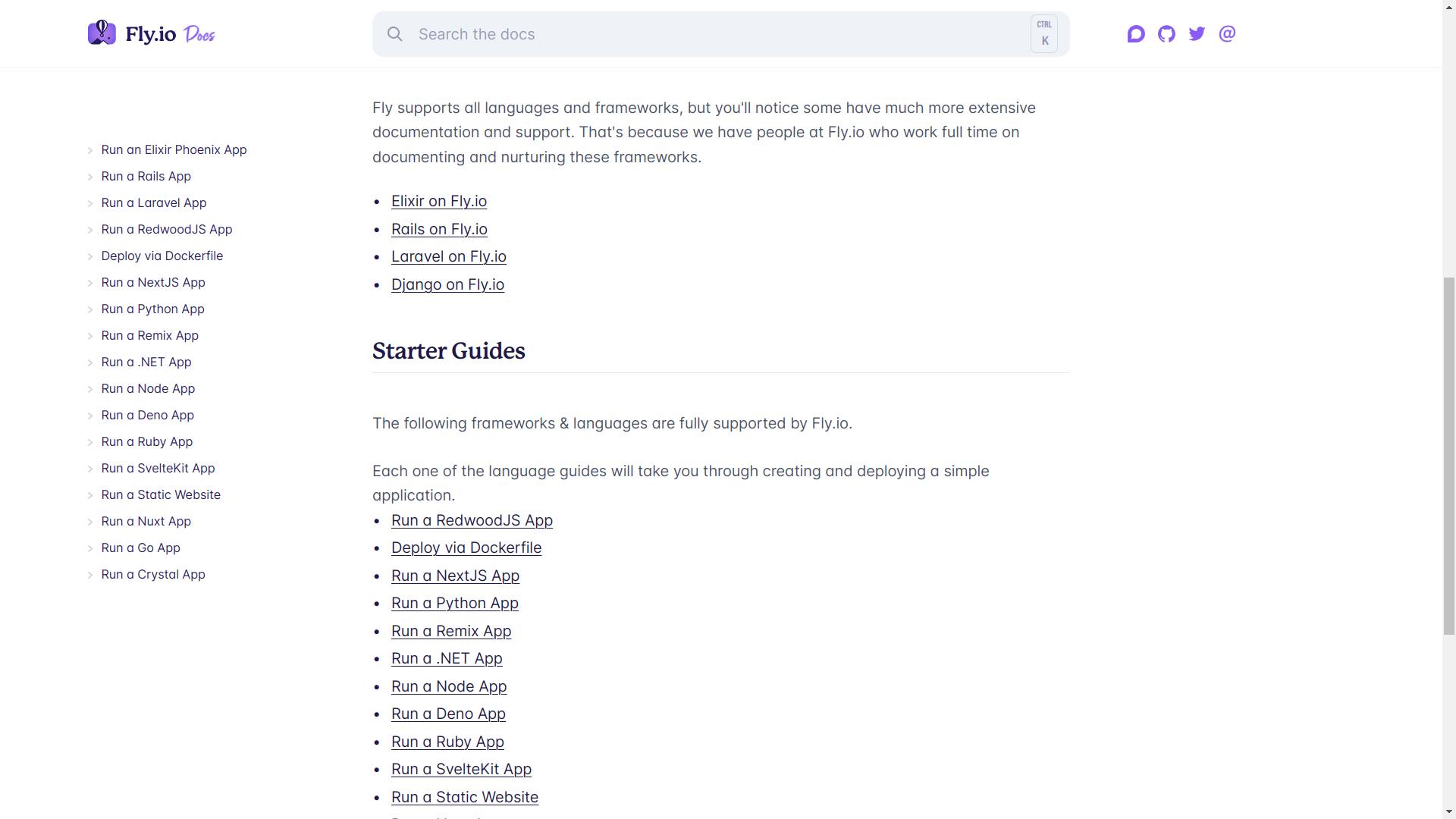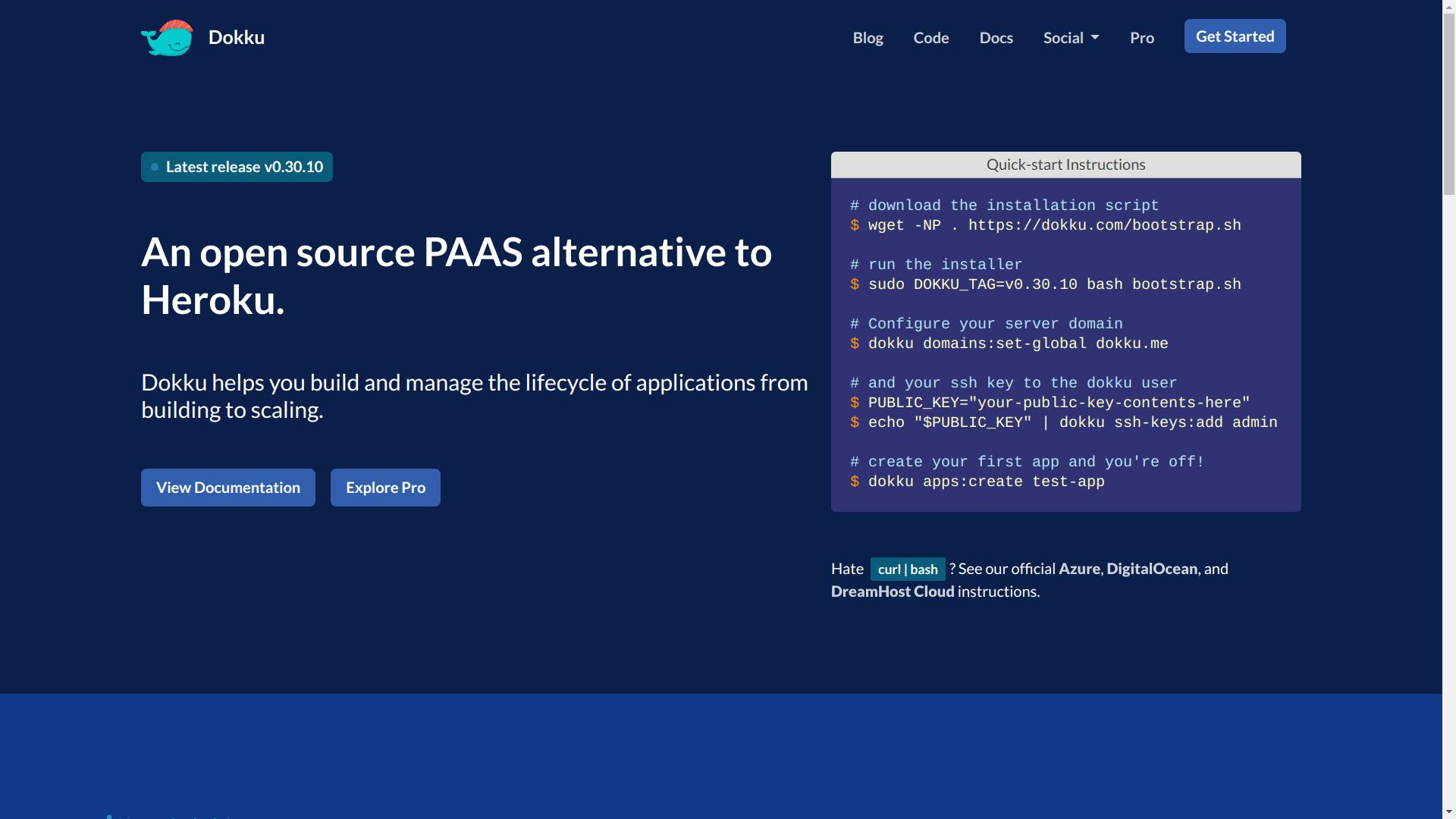This is going to be a short article by the way.
So last year Heroku stopped supporting its free tier. I only found out about this during an interview, when the interviewer brought it to my attention that none of my web apps were working😭😭😭😭😭.
You can imagine the awkward stares that followed, so I profusely apologized to the interviewers and promised to sort it out immediately after and send them links to my redeployed portfolios.
So, I've compiled a short list of platforms where you can freely deploy your Django apps now that the Heroku free tier is dead 💀.
Note these platforms may be free, but some features will be locked behind a paywall.
Render
The Render platform supports a lot of languages and frameworks and has by far what I think are the best docs compared to the other two platforms.

Fly.io
Fly supports all languages and frameworks, but you'll notice their documentation mostly favours; Exlixir, Ruby on Rails, Laravel and Django.

Dokku
This app is the closest to Heroku in terms of deployment, it's even advertised as such since it even supports Heroku build packs.

So if you're coming from Heroku and want a platform with the least learning curve and easy to pick up, this is it.
Conclusion
I know the above list isn't all-encompassing but these are my favourite go-to's whenever I'm deploying a Django app. I didn't want to turn this article into a tutorial since there are tens of tutorials out there, that do it better than I ever could.
Thank you for reading and make sure your portfolio projects are deployed & working before you walk into that interview room 😉.

